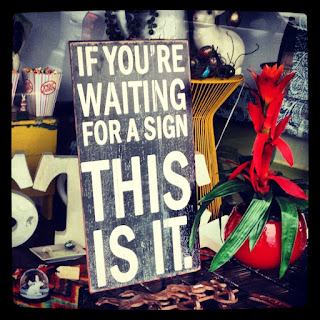It was like, great.
The moment this book jumped my TBR pile was the moment the local sheriff shone his flashlight on the protagonist, a sixteen year old girl, and she described the light wandering over her body as feeling like a "hot yellow tongue". In the context of the scene--she'd just told us about her creepy, groping father who was standing nearby--it was a great simile. It hit a nerve, pushed a button, made me feel sick and interested. I can't say I hit 'Buy' right then and there--seduced or not, I'm not in a position to splash out seventeen bucks for an eBook that can't even be loaned on to friends--however I quickly ordered my local library to buy a paper copy and I sat on my hands til it arrived.

Quick plot overview: three teen protagonists, a rural setting, a mystery core (dead girl fished out of the water), a quest (to scatter her ashes in a better resting place), a road trip (by way of river raft). Adventure, injury and menace, death and dismemberment, and oh yeah, a big bag of stolen money. It's set in the Great Depression, which I didn't even realise until well past the halfway mark when the heroes ran into a band of Joads caravanning away from the dust bowl. The backwoods can be timeless like that.
Why did I love Edge of Dark Water so much? First of all, it's bleakly funny. There's a kind of wit that you usually only hear among people who are rural, indigenous, dirt poor, or a combination thereof... I guess you'd call it 'folkloric humour' (probably grown out of oral storytelling, if you want to get all anthropological about it). It's full of salty wisdom and sharp observations that can cut a person down to size; the sayings are utterly local, yet mysteriously global. This book is full of them, and it delighted me.
Edge of Dark Water doesn't fit any one genre. Thriller, crime, literary, horror, mystery, YA, I don't know. I can see Steinbeck in there, I can see Twain. I also see resonances with my beloved Night Of The Hunter: kids on the run with a big sack of other peoples' money, bad dudes hunting them, the seemingly endless search for refuge.
Mr Lansdale uses his story to talk about things that matter. There's a constant, dizzying shifting between kindness and cruelty in this book: the kindness of strangers, the cruelty of family, then vice versa, then back again.
I like the spiritual/religious dimension to the tale, the way the characters compulsively weigh their sins: I did something bad, but that guy did worse, does that redeem me? or I have a reason, is that an excuse? The darkest character of all, a feral river-man named Skunk, is supernaturally and mythically evil, yet he's revealed to be a 'hurt person who hurts people'... where does he fit on the karmic or heavenly spectrum?
All the while these big ideas are playing out, scary and grizzly stuff is happening and the characters are finding bravery and grim persistence they didn't know they possessed. They're spinning along the rough river getting hurt and hurting others, the pain and violence pushing them into new formations, into a kind of family.
I loved Edge of Dark Water and will undoubtedly read it again.






